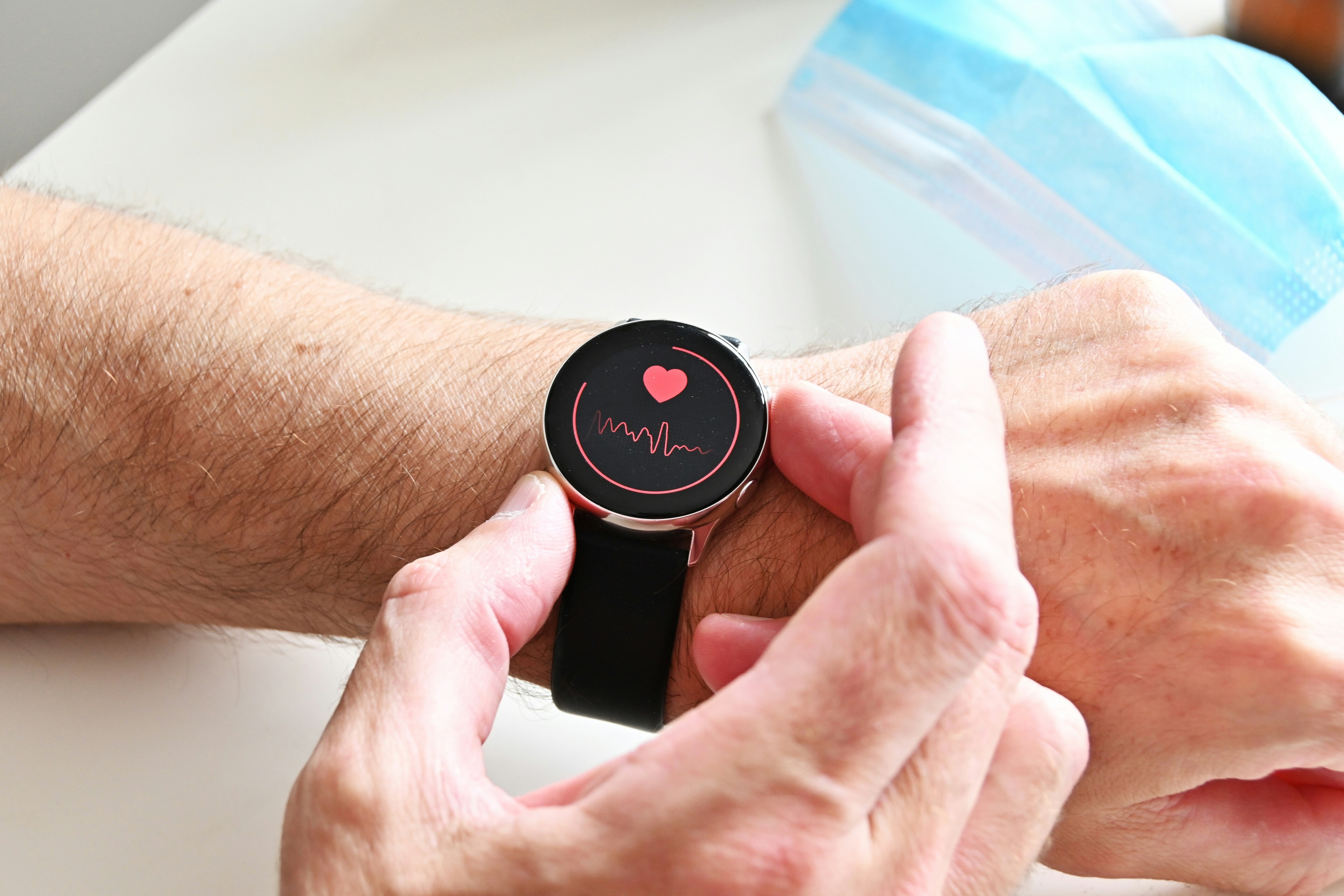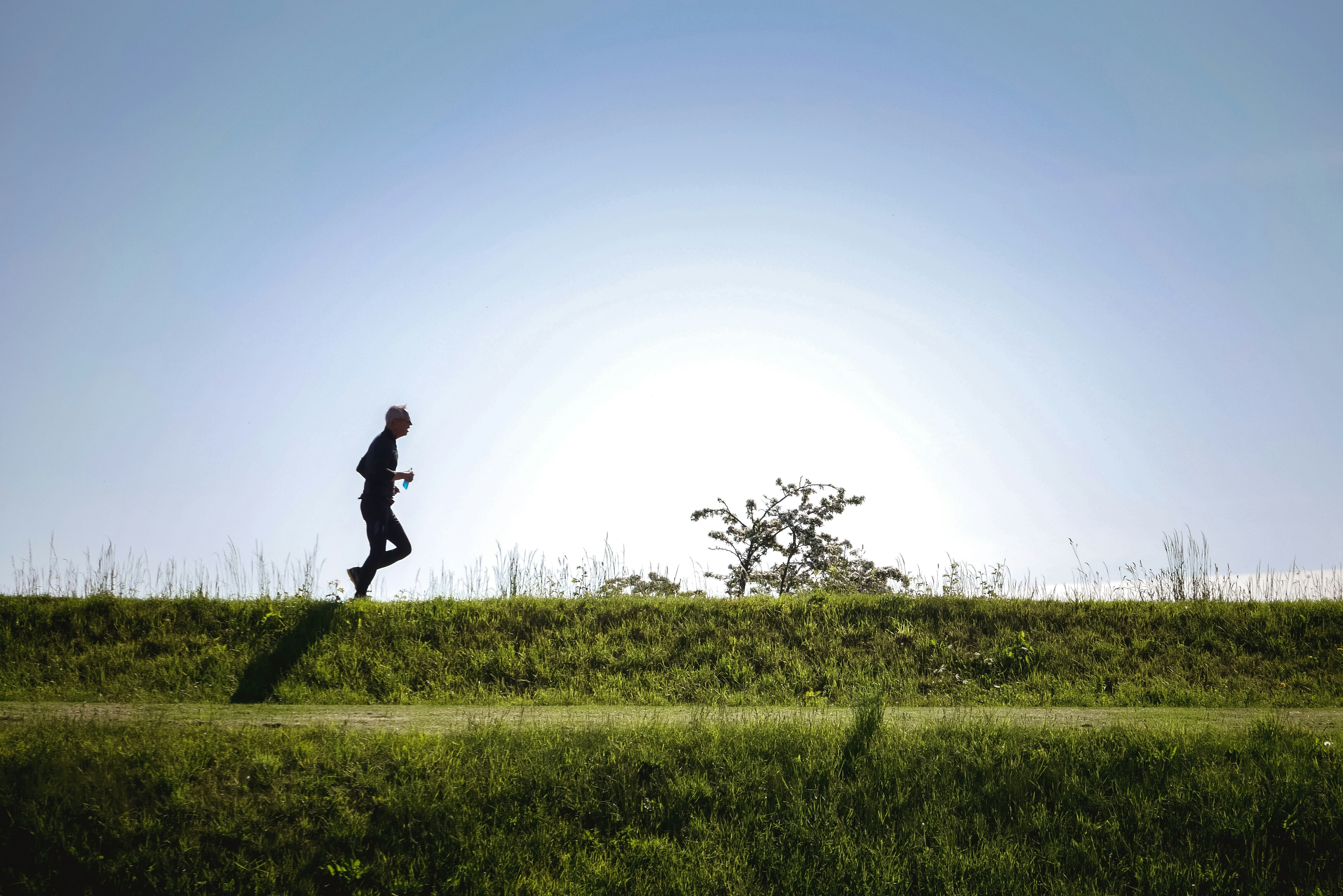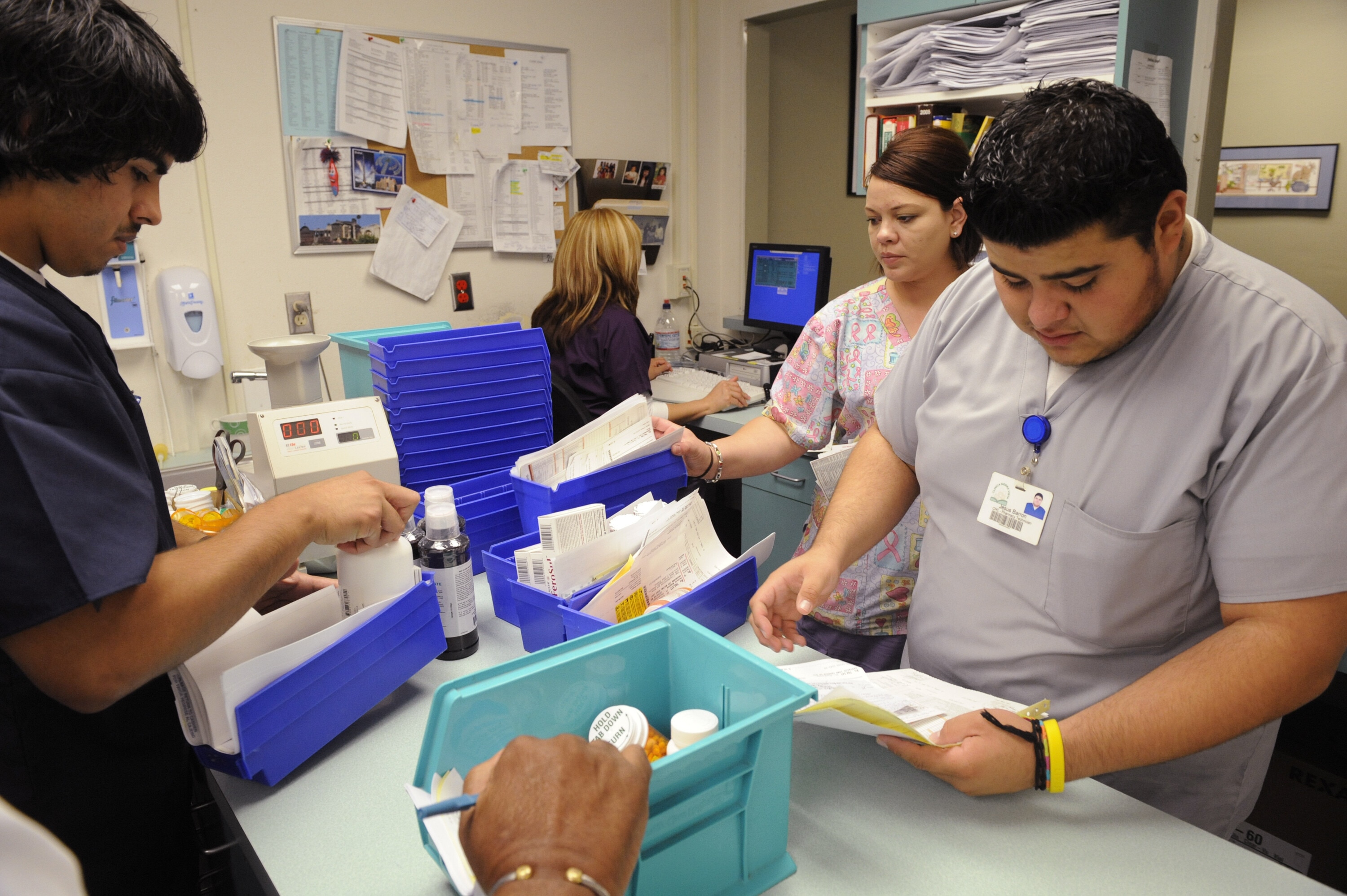COVID-19: What you need to know about the coronavirus pandemic on 3 May

A Muslim worshipper prays during Ramadan on a roof inside Jerusalem's Old City due to the coronavirus disease (COVID-19) restrictions around the country. Image: REUTERS/Ammar Awad
- This daily roundup brings you a selection of the latest news updates on the COVID-19 coronavirus pandemic, as well as tips and tools to help you stay informed and protected.
- Today's big stories: A leading vaccine expert answers our questions, India orders coronavirus tracing app for all workers New York state's governor issues a warning.
1. How COVID-19 is affecting the globe
- Confirmed cases of coronavirus have reached 3.45 million worldwide, according to the latest figures from Johns Hopkins University. Over 243,000 people are known to have died from the virus. More than 1 million have recovered.
- Churches in Germany are open for Sunday services for the first time since the lockdown began last month; Portugal's six-week state of emergency has ended but face masks are now compulsory on public transport; Spain reports the lowest number of daily deaths (164) since 18 March; Russia records its highest daily rise in confirmed COVID-19 cases (10,633 today, bringing the overall number to 134,686).
After warning of the risks of a global pandemic at our 2019 Annual Meeting in Davos, we went back to Professor Robin Shattock and asked him to share with us some insights on his effort to develop a vaccine against COVID-19.
Professor Shattock heads up a team at Imperial College London which is working to fast-track the development of a coronavirus vaccine. The team aims to begin clinical trials in June.
Asked about how his team’s efforts were progressing and for his thoughts on the global response so far, Shattock said:
"It's been an interesting time to live through. When we presented in Davos, we were saying that these things will happen, but we were not thinking it was going to happen so soon, or that it would be a coronavirus.
"In terms of the global response, it’s good news that there are many different vaccines being developed, with I think over 90 at the last count. There is a degree of coordination but all these groups are working independently on their own approaches or technology. That’s not necessarily a bad thing – given there’s so much risk in developing a vaccine, that means the risk is spread out, and I think it’s pretty clear that some groups will come through with an effective vaccine.
"Our approach is to focus on just the genetic code of the spike protein on the surface of the virus and use that as our vaccine. When the vaccine is injected into the body, muscle cells naturally 'amplify' it by producing copies of the spike protein which the immune system detects as a threat. This trains the body’s immune system to defend against SARS-CoV-2 through being able to recognise the spike protein if it encounters it again."
India has ordered all public and private sector employees to use a government-backed contact tracing app and maintain social distancing in offices as it begins easing some of its lockdown measures in districts less affected by the coronavirus.
Prime Minister Narendra Modi's government said it would extend nationwide curbs for another two weeks from Monday, but allow "considerable relaxations" in lower-risk areas.
The Aarogya Setu (Health Bridge) app, a Bluetooth and GPS-based system that alerts users who may have come in contact with people who later test positive for COVID-19, was launched last month.
The app can help authorities identify virus hotspots and better target health efforts, the tech ministry told Reuters in late April, adding information would be used "only for administering necessary medical interventions".

The app has been downloaded around 83 million times in total in a country with a smartphone user base of about 500 million, according to the technology ministry.
The app's compulsory use is raising concerns among privacy advocates, who say it is unclear how the data will be used and who stress that India lacks privacy laws to govern the app.
COVID-19 has pummeled the global aviation industry, with demand for domestic and international flights plummeting since the pandemic began and lockdown measures were introduced around the world.
Reacting to the inevitable fall in airline stocks, Berkshire Hathaway - the massive holding company run by famed investor Warren Buffet - has announced that it sold its entire stake in the four largest US airlines in April,
“The world has changed” for the aviation industry, Buffet said at the company's annual meeting this weekend.
US airlines are cutting hundreds of thousands of flights, parking thousands of planes and US travel demand has fallen by about 95%.
“We made that decision in terms of the airline business. We took money out of the business basically even at a substantial loss,” Buffett said. “We will not fund a company that — where we think that it is going to chew up money in the future.”
New York Governor Andrew Cuomo has pushed back against what he called premature demands that he reopen the state, saying he knew people were struggling without jobs but that more understanding of the new coronavirus was needed.

As governors in about half of the United States partially reopen their economies over this weekend, Cuomo said he needed much more information on what the pandemic was doing in his state, the hardest hit by the disease, before he loosens restrictions aimed at curbing its spread.
“Even when you are in uncharted waters, it doesn’t mean you proceed blindly,” he said. “Use information to determine action - not emotions, not politics, not what people think or feel, but what we know in terms of facts.”
Don't miss any update on this topic
Create a free account and access your personalized content collection with our latest publications and analyses.
License and Republishing
World Economic Forum articles may be republished in accordance with the Creative Commons Attribution-NonCommercial-NoDerivatives 4.0 International Public License, and in accordance with our Terms of Use.
The views expressed in this article are those of the author alone and not the World Economic Forum.
Stay up to date:
Global Health
Forum Stories newsletter
Bringing you weekly curated insights and analysis on the global issues that matter.
More on Health and Healthcare SystemsSee all
Priya Abani
February 18, 2026






